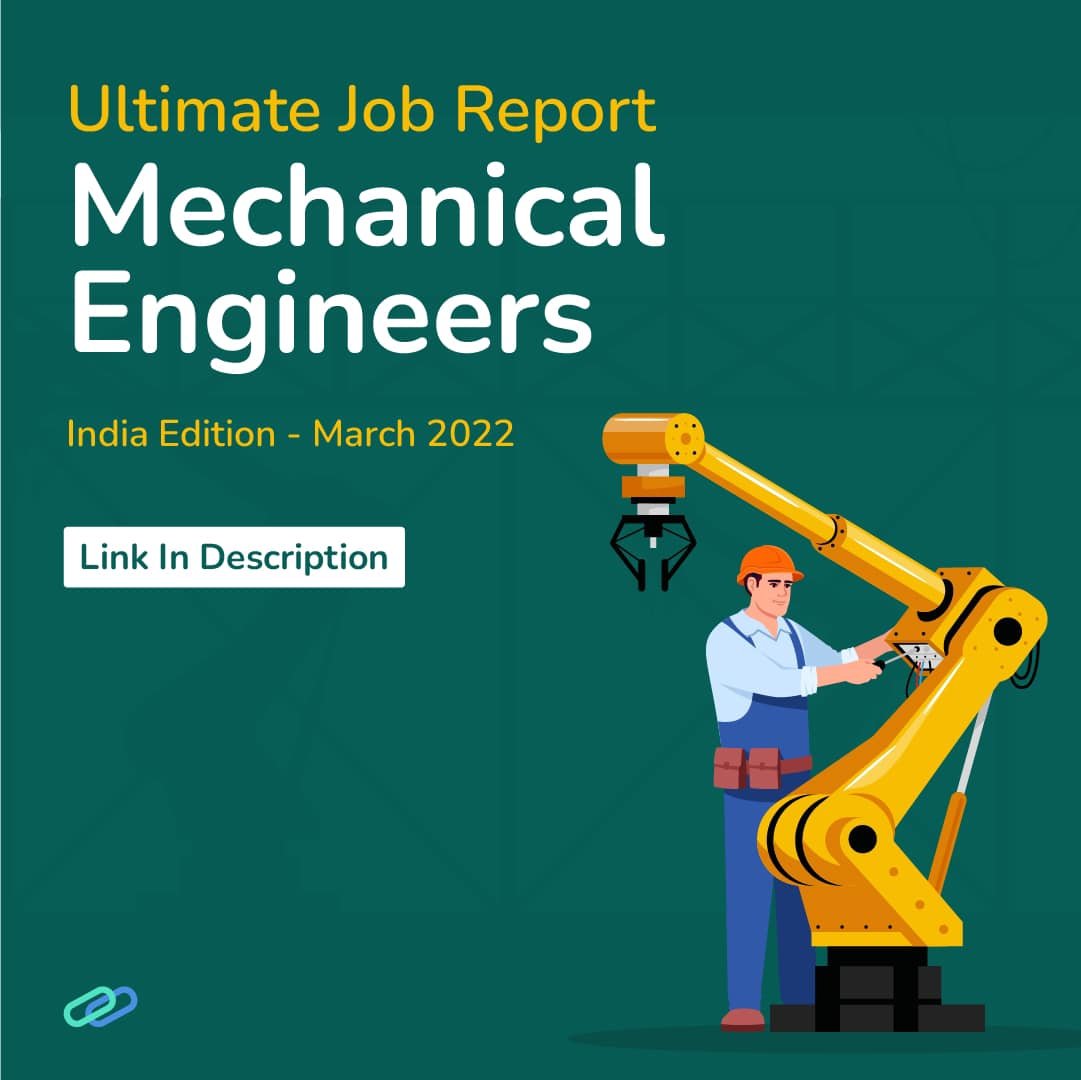For every mechanical engineer, there is this constantly tingling question that pops up, “which programming language should i learn for mechanical engineer”?
According to Northeastern University, Python is the best programming language in the world. Python is popular because of its simple syntax, a large library of standards and toolkits, and integration with other popular programming languages.
Python is a required skill for mechanical engineering jobs such as Aerodynamics, Thermal simulation, CAE simulations, CFD modeling & simulations, (in most FEA/FVM applications), System Validation engineer (Testing), Production Test System Developer, Robotics, Automation, Reliability Engineer, and so on. Python is asked as a required skill in interviews at the largest engineering service firms such as TCS, Wipro, Infosys, Mindtree, and others. And the most sought-after skill set in startups around the world.
So, for any aspiring mechanical engineer, Python is a must-have skill to have on your resume. Learning Python can help you boost your resume’s competitiveness and expand your career opportunities. An internship program will require you to create real-world applications in Python. To meet industry requirements, it will be entirely practical and hands-on content taught online. Learning at an internship will allow you to stretch yourself to build any system and work on projects that interest you.
Step 1
Start learning Python, lay a solid foundation, and everyone is a beginner. We will begin by understanding the wide range of applications Python is used in industries, startups, and governments, among others. You will develop a clear motive and motivation to learn the language during this internship, as well as the outcomes you can expect.
You will begin learning Python programming with live coding sessions on topics such as operators, data types, Operations in Python (Integers and floats, Strings, Type Conversions, and Booleans), Statements and Loops (IF, IF – else, and elif), Functions (Arguments, Return, and In-built functions), Loops (for & while), break, and continue.
Step 2
Using hands-on coding, we will explore the vast and fantastic domains of Intermediate and Advanced Python programming in step 2. Interns will go through solid theory as well as practical sessions for each new topic in order to gain confidence and expertise in order to build real-world projects in advance of steps 3 and 4.
Step 3
Step 3 practise will concentrate on projects such as Kinematic system design of quadruped robots (Ex: Boston Dynamics robot dog) and Supercharger using Python. Interns will be guided through the inverse kinematics mechanism used in robotic applications and how to visualize the robot’s motion. The entire inverse kinematics of each and every leg of the quadruped robot will be explained and ensured, allowing you to create a fully functional program.
Step 4
During step 4, we will concentrate on the major topics, such as fluid flow over an airfoil. Interns will be guided through the process of comprehending computational fluid dynamics (CFD).
The need for CFD, CFD of an airfoil, and flow analysis over the airfoil Interns will be guided to understand the equations underlying the component’s modeling.
Gain insight into problem-solving, and formulate the program in Python in an industrial manner to analyze the flow over the airfoil. To know more about online mechanical engineering courses click here.
